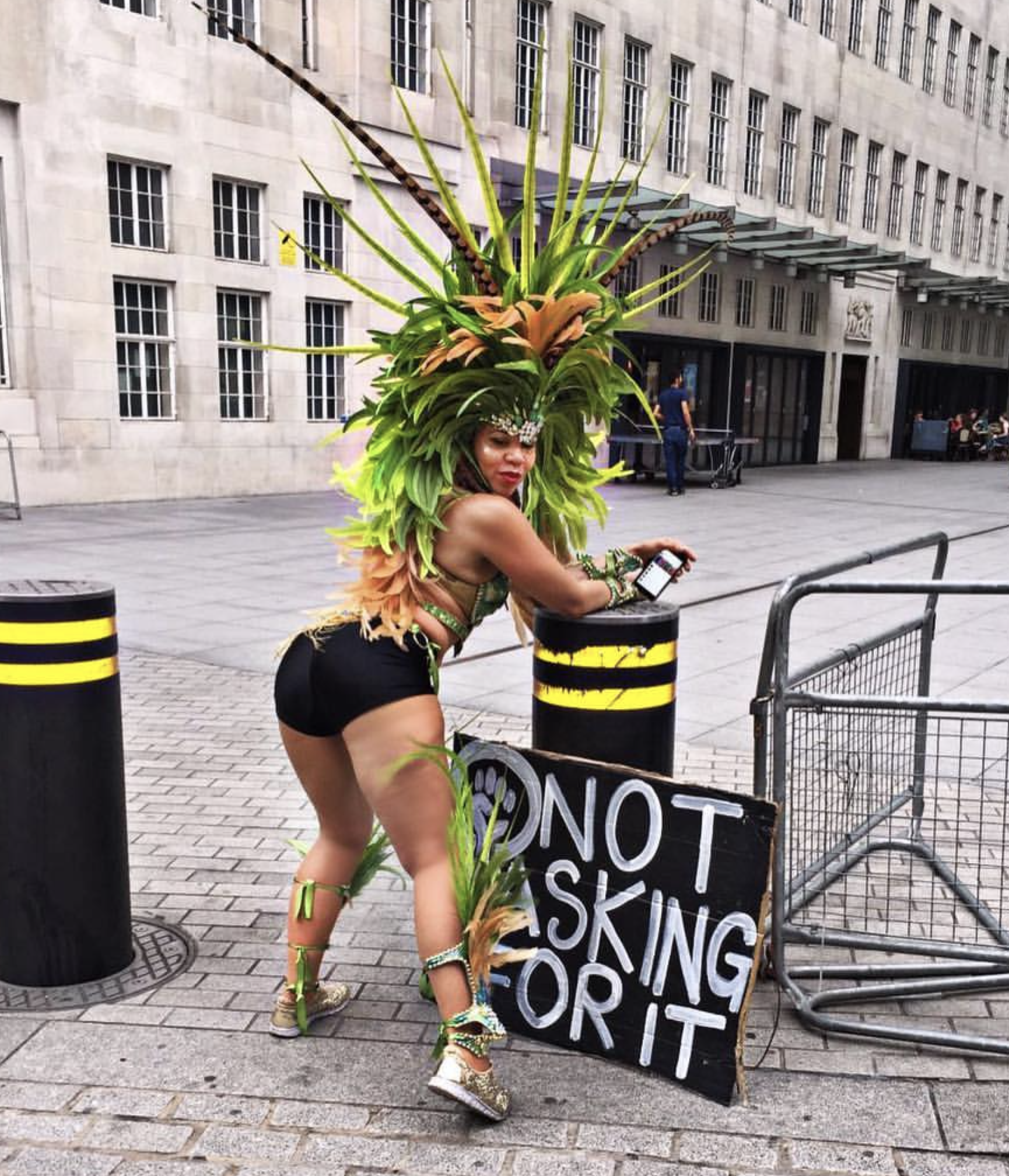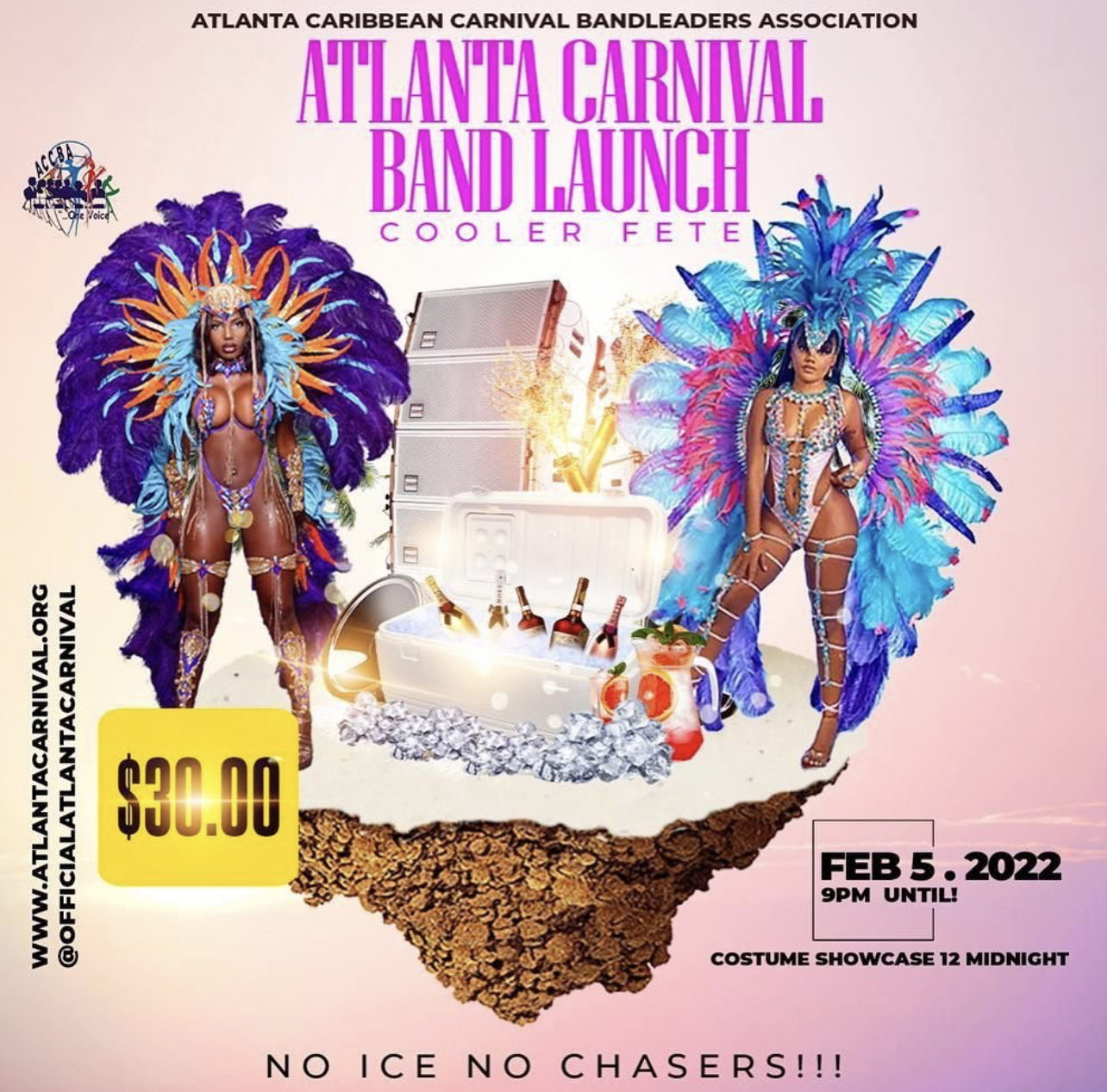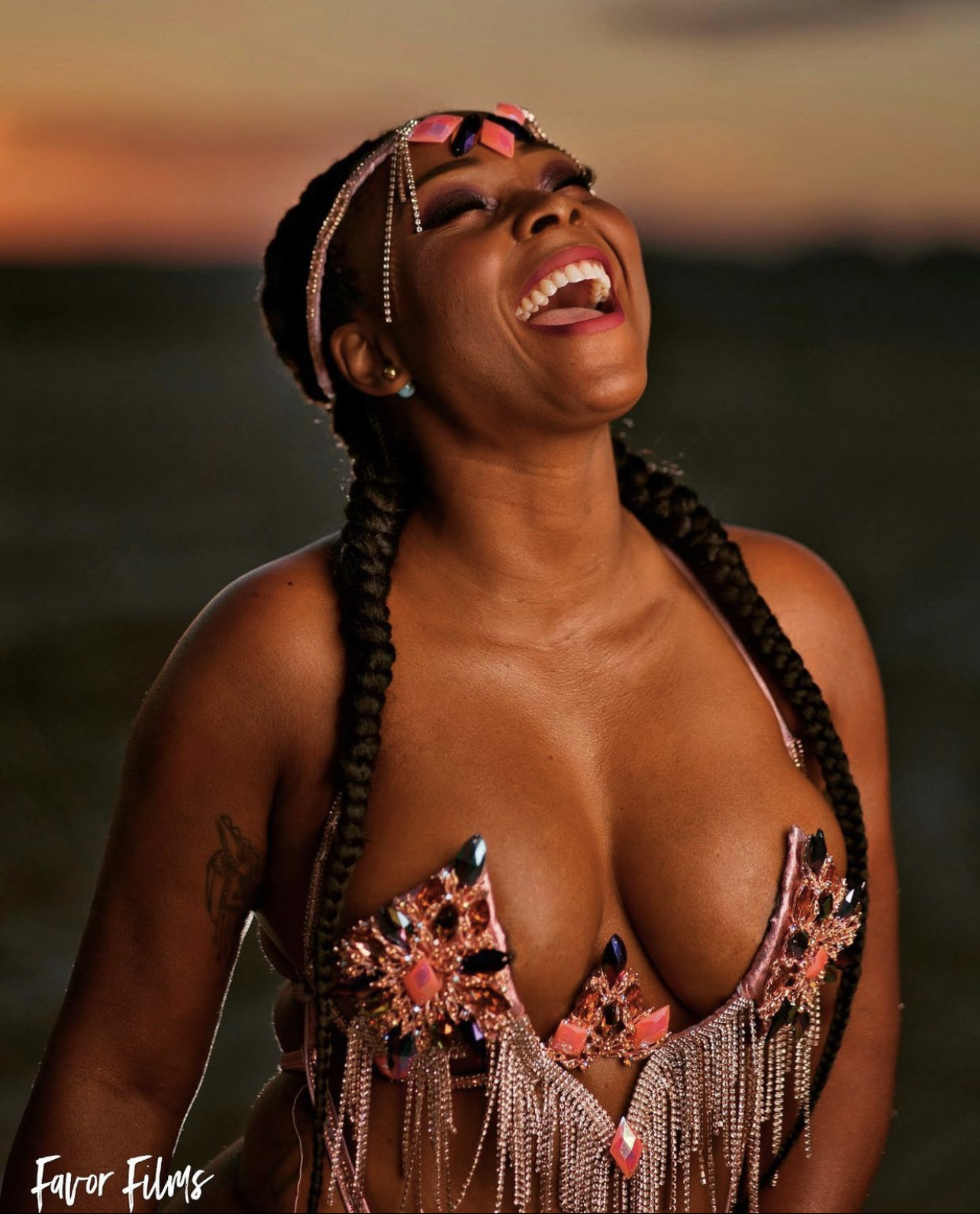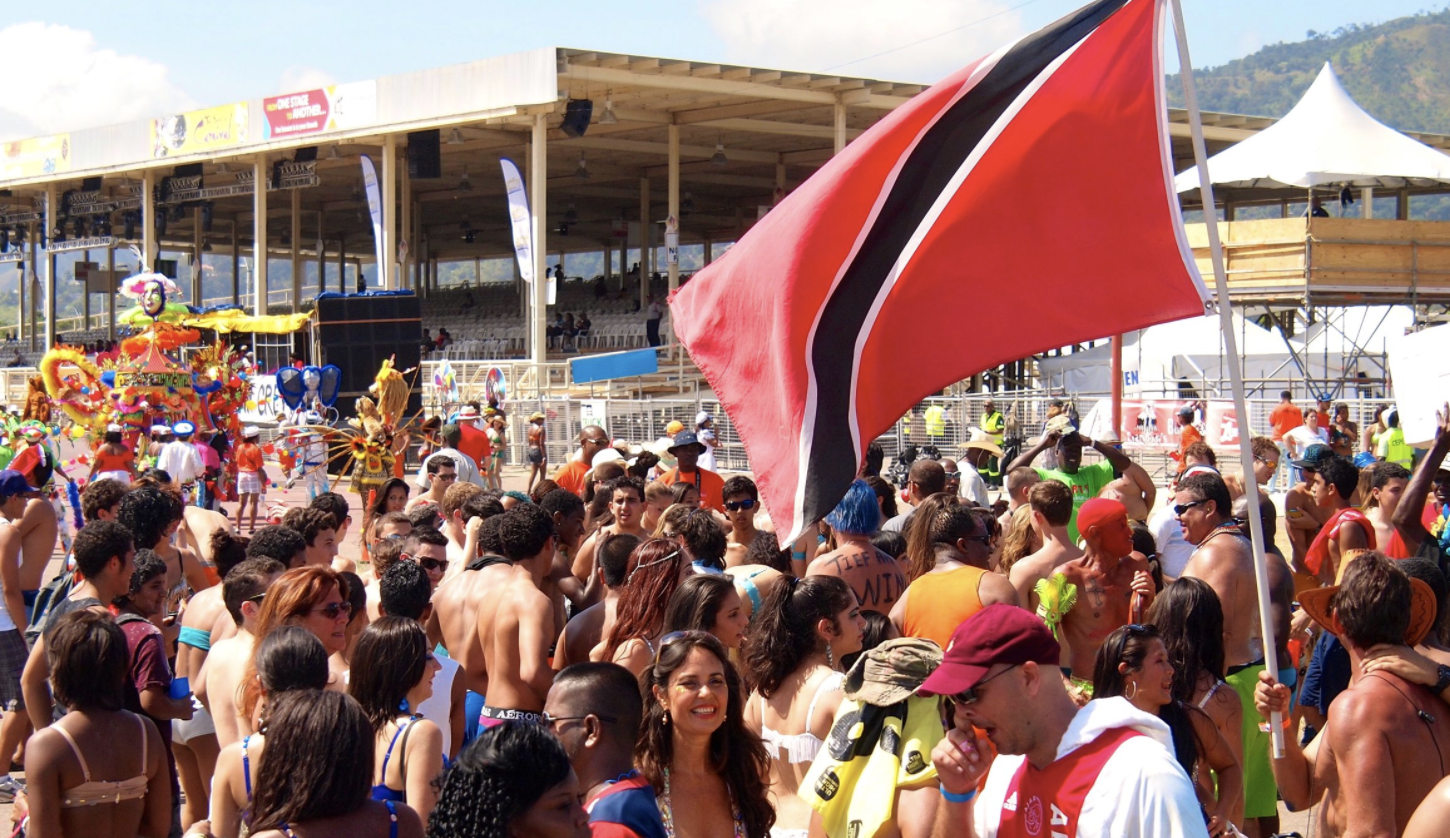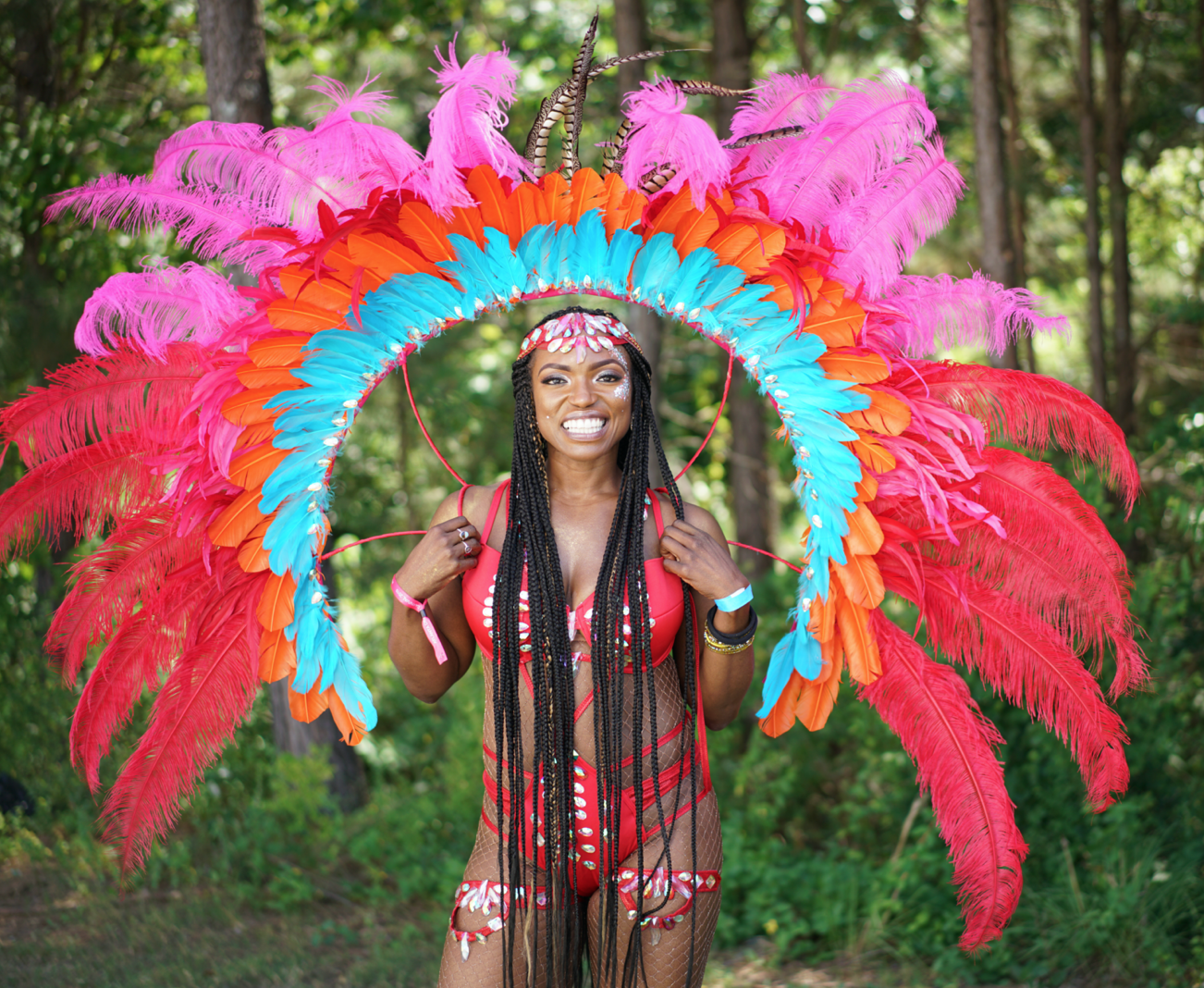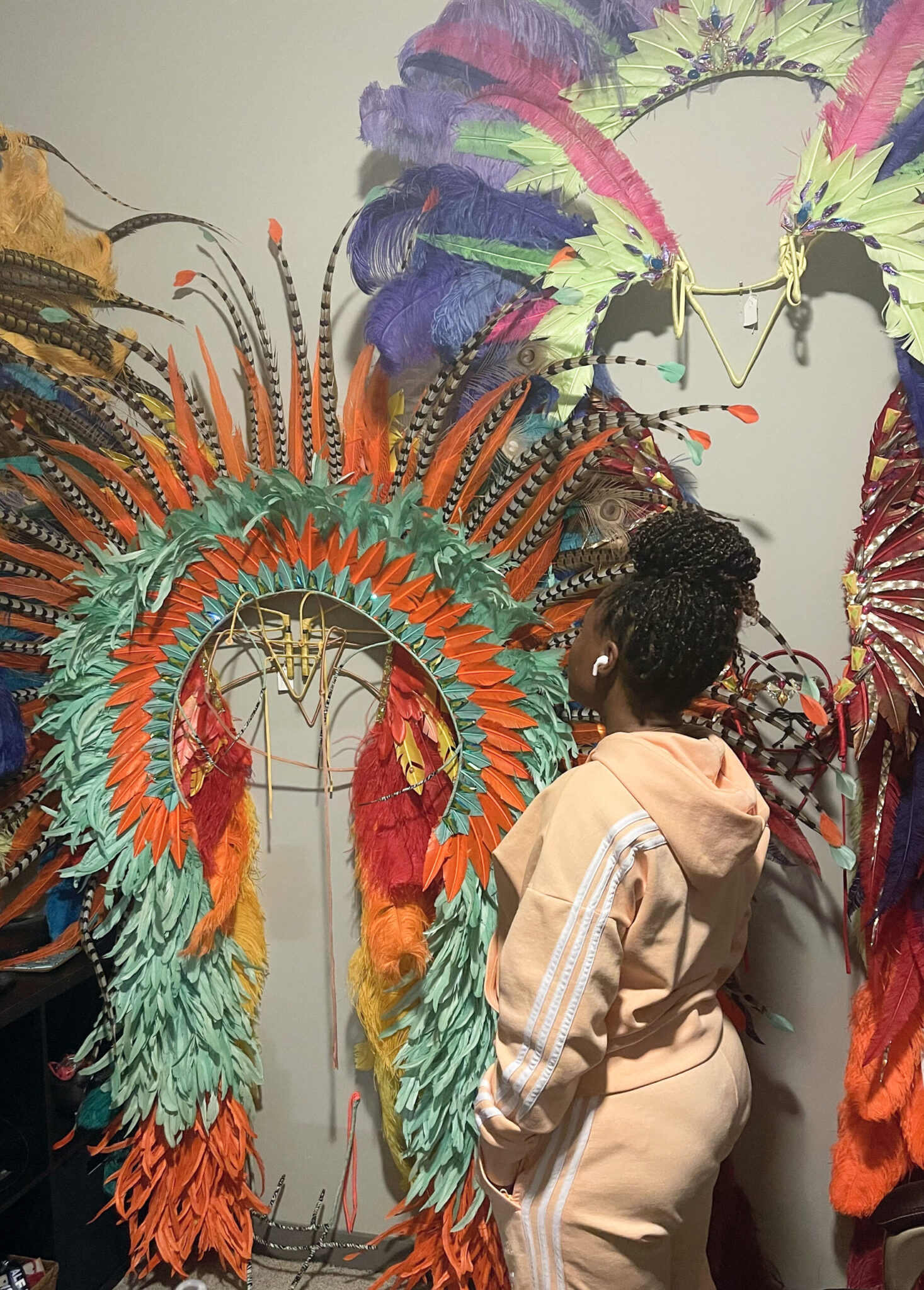A celebration of life.
Caribbean carnival is a celebration of life; an experience that honors liberation from slavery, societal norms, our traumas and our own self-limiting beliefs. During carnival, we celebrate the miracle that is our bodies and the things that we have endured. It’s considered a safe environment of mutual trust and respect. Carnival is known as a “no –judgement zone”; women and men are free to express themselves without shame or criticism. Most people that play mas understand this. But for people outside the culture and the experience, there is a serious disconnect.
America is known as a melting pot, and Caribbean culture brings a wonderful flavor. If you look to your left and right in America, chances are you are friends with, work with someone that is of Caribbean/West Indian descent. Currently, there are roughly 18 Caribbean Carnivals held across the United States (pre-covid, of course) and I have found on many occasions the cultural experience to clash with American values and perceptions.
Sexualizing the experience.
I can recall several incidences where I explained Caribbean carnival to my American male counterparts. In my efforts to get them to consider participation, I found myself showing pictures or videos of the celebrations and meeting inquiries about why I was dressed a certain way. Once they realized that “all” women are in costume, their eyes widened and I could sense their minds processing an opportunity to meet women… a free for all if you will. They completely forgot about my discussion about its originations and fixated on a “sexualized” experience. I have to remind them that Carnival is not necessarily the place to pick up women or test their limits, and I sense disappointment. It’s funny how their motivation to participate suddenly wanes.
I even spoke about Carnival to my own brother. His attitude was that women were inviting attention, and in his presence, it would be received whether it was desired or not. Needless to say, I’d never bring him out to Carnival.
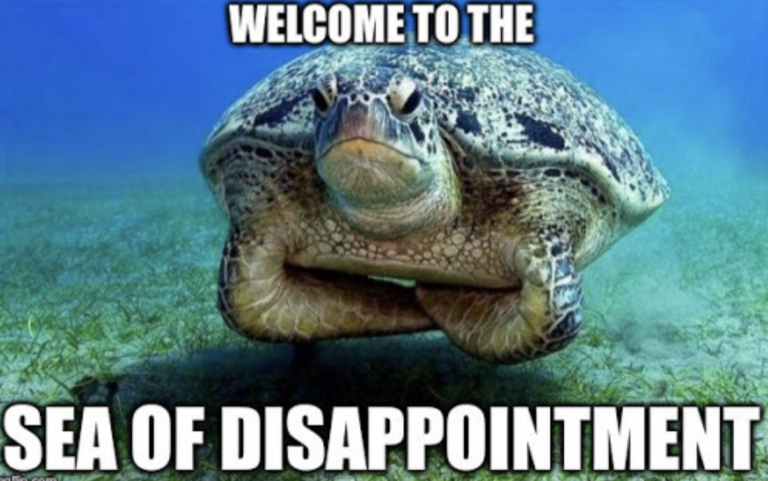
NOT asking for it.
I have flashbacks to 2016 to when I discovered the “Not Asking for It” campaign led by Fiona Compton on Facebook. In the video above, its campaign targeted sexual harassment/assault during Carnival. I had not experienced any of the negative experiences described by women, but I was so offended by the responses left by a lot of men and some women, namely the feedback stating that women were indeed “asking for it”.
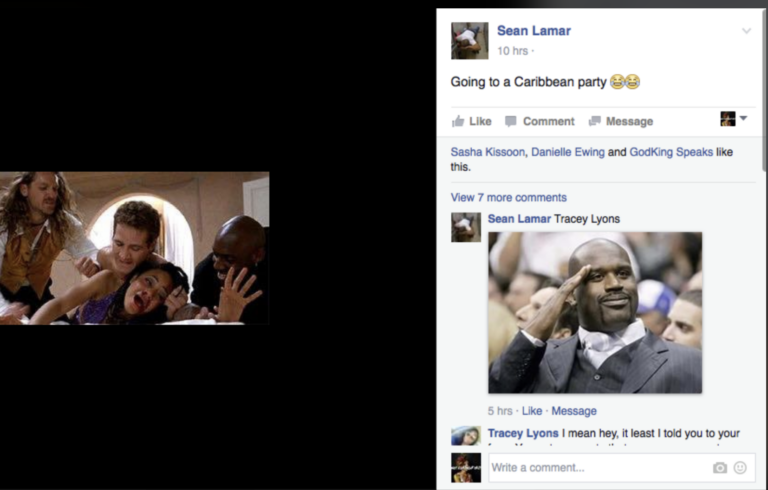
Then I got to experience it myself. Since 2018, I have had run-ins with men who felt it appropriate to grab or smack my ass. When they met my rage, they were confused, staring back at me as wild as a deer in its last moments of life Their eyes would meet mine and they would look at what I was wearing only to continue to stare me back in my face as if to say, “well if you don’t want to be touched, why are you wearing this?”
Respect ALL women. Not just professionals.
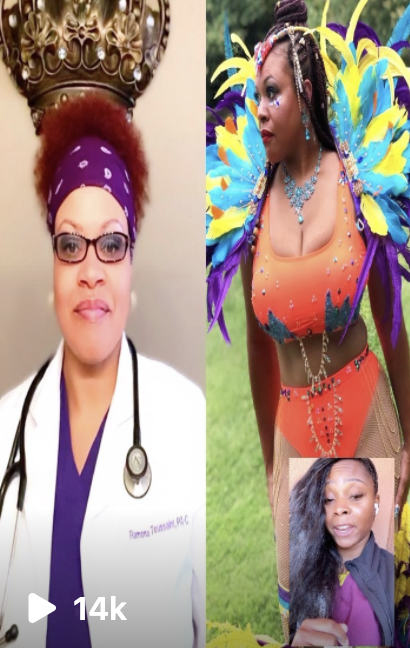
My last IG reels post highlighted women in various professions that also play mas. But I am afraid that the struggle to get my message across in the thirty seconds allowed made it seem as only professional women deserve respect. It should be abundantly clear that all women from all walks of life, professions, economic classes, education levels, etc. deserve all the respect on the road and are not asking to have their limits tested due to the beauty of their w(h)ine and the costume they chose to wear.
By all means, Carnival is about abandoning societal norms. To be clear, we are referring to HARMFUL societal norms and expectations. This means that it is not permissible to lay aside respect for women’s boundaries, even for a day. This is Carnival, not a scene out of “the purge” where you’re free to lay your morals aside. Carnival does not mean one gets to be slack in their respect for people and their boundaries.
A clash of American perceptions and values.
I blame the twerk, strip club, and lap dance culture displayed in rap videos. Feeding a false narrative of what the pinnacle of what the high life should be, men somehow distort the magic of the w(h)ine with their unfulfilled fantasies of the “tip drill” video.
I blame the people that love to talk about the “melting pot” that is America, but somehow can’t get past accepting cultural differences.
I blame societal beliefs that women should take responsibility for how a man behaves; the emphasis on preventing sexual harassment/assault and not teaching men to not commit sexual harassment/assault.
I blame the commercial initiatives that promote carnival and a lack of resources to educate our communities. What people see when researching carnival is skin, cheeks and feathers. While culture has been considered a marketable commodity, this has led to the evolution; a dance of our African ancestors that honors the miracle of a woman’s womb to an invitation for inappropriate touch and disrespect.
Forward thinking.
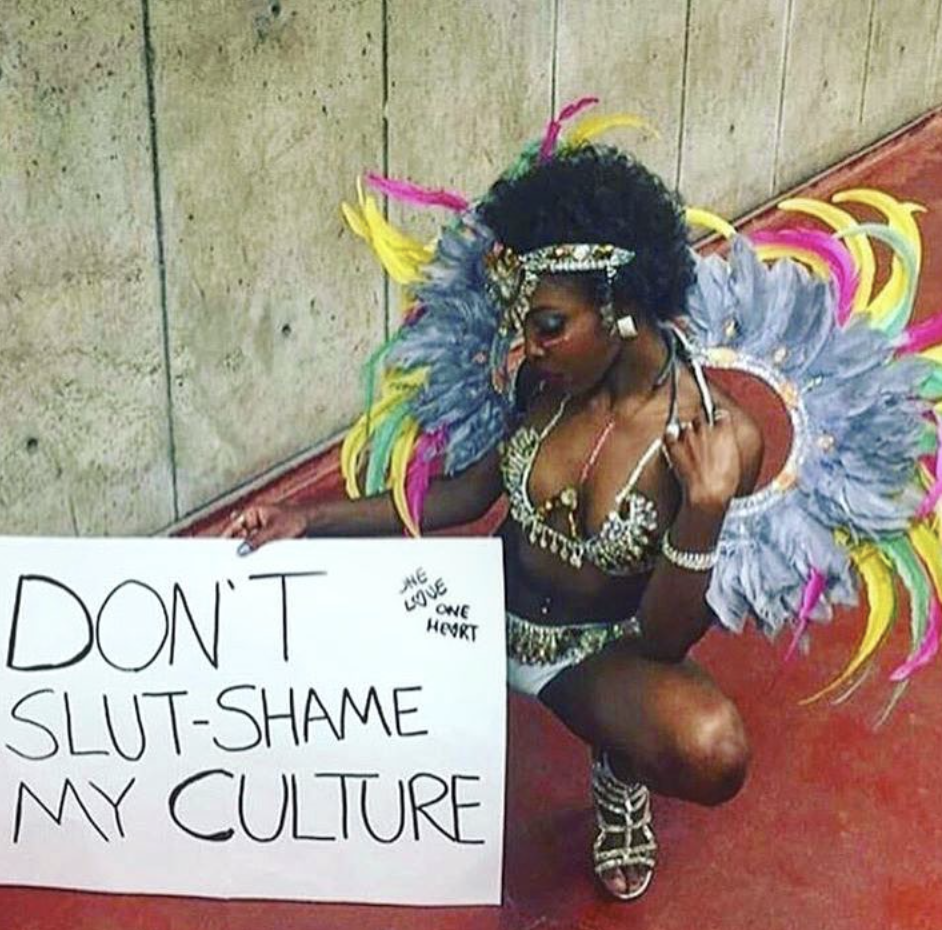
Combatting rape culture, slut-shaming the culture, and “toxic” masculine values will be a never-ending battle.
As Caribbean carnival continues to become popular in the United States, I believe that we should also continue to support the platforms that are designed to educate the masses. While education will not get rid of the biases and negative perceptions, it will serve as opportunities for those that are confused about this cultural experience, yet open minded enough to accept it for what it is. Bringing minds together is essential to ensuring that Carnival will continue to be a safe, judgment-free experience.
As humans, we possess the high capacity to check our behavior. The attraction is normal but charging disrespectful behavior to a “natural impulse” as a man is no excuse. If that is your plea, just know that should you ever fall ill, you don’t need to see a doctor… you need to see a veterinarian.

